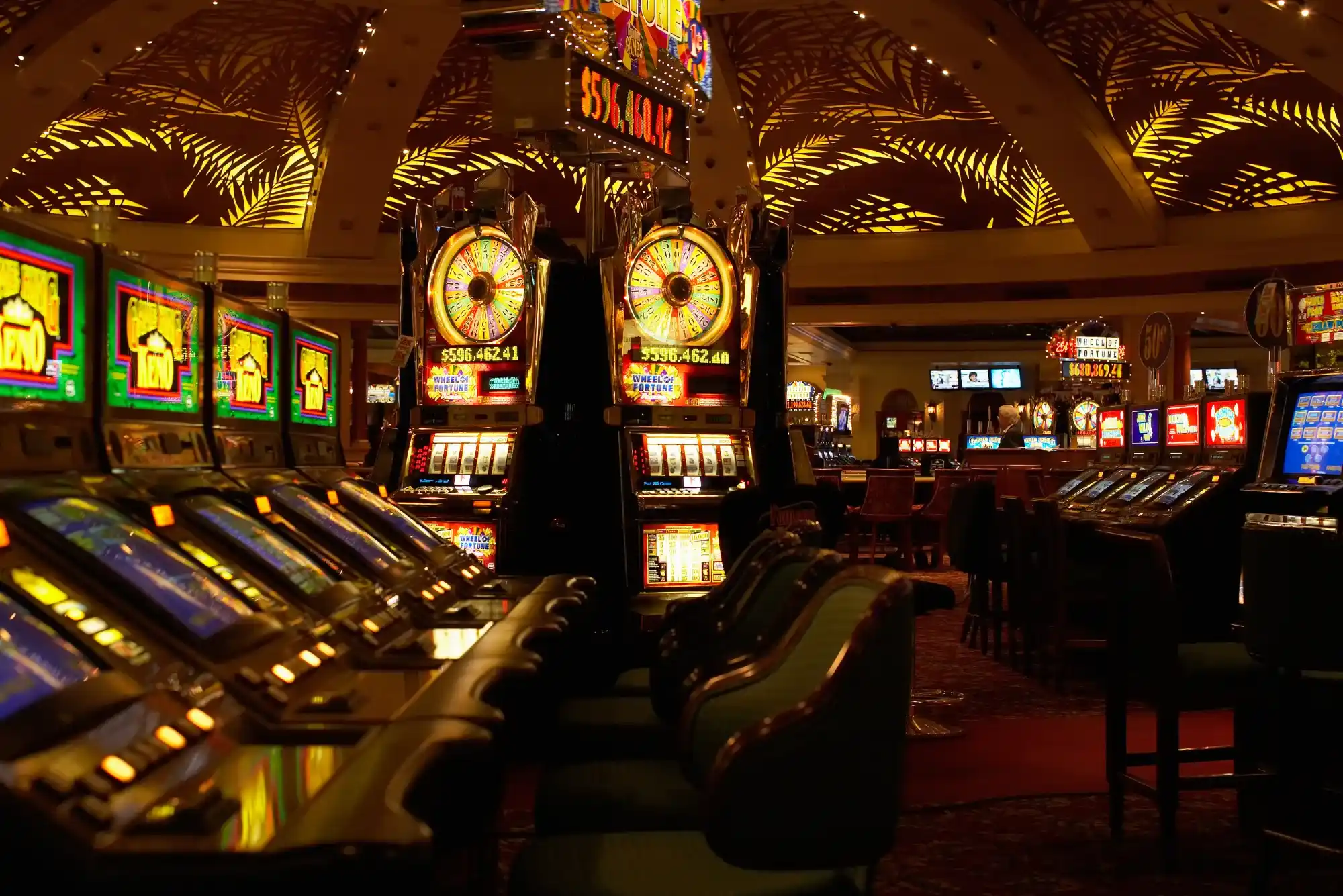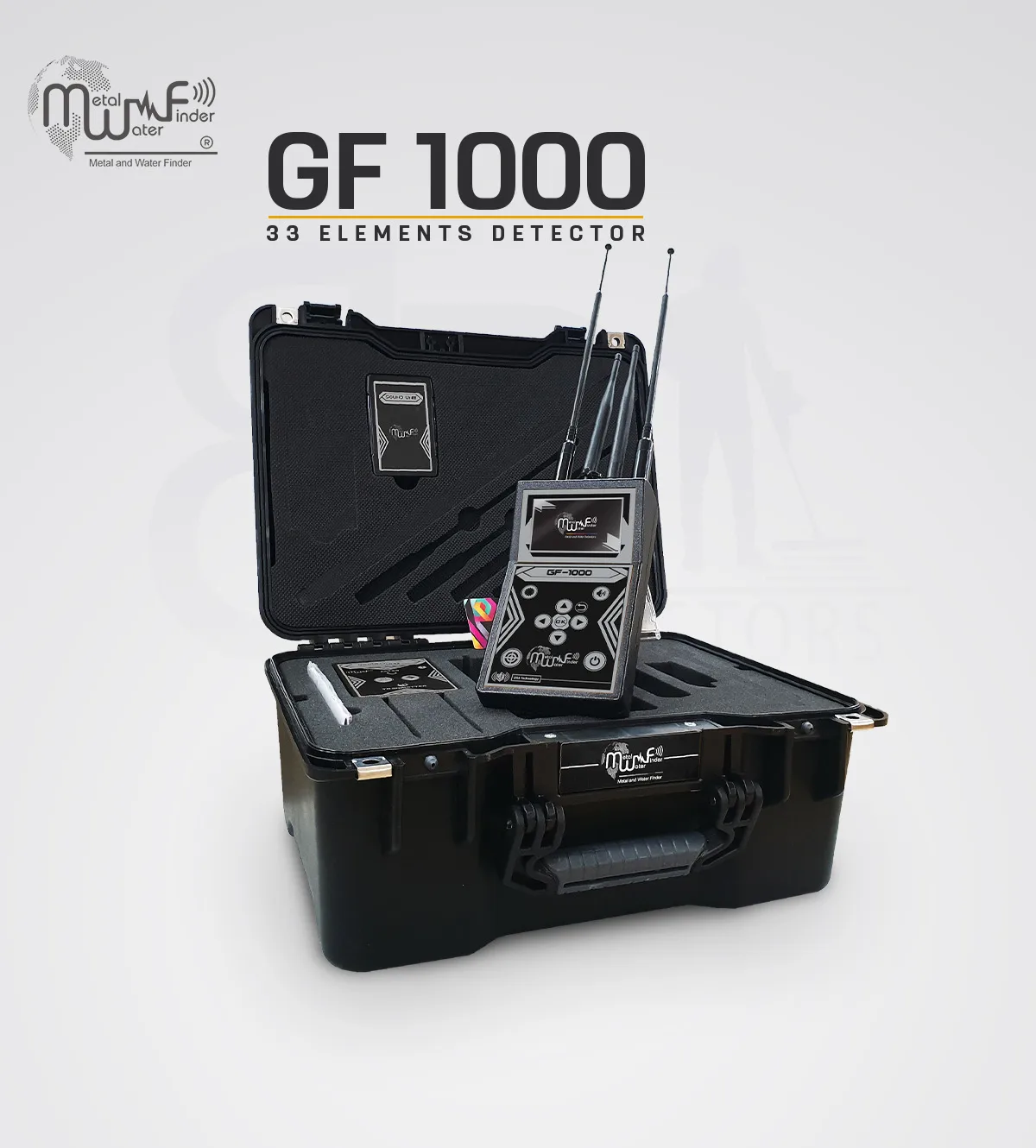The world of online gambling has evolved rapidly, and one of the hottest topics right now is the rise of no KYC casinos. These platforms promise speed, privacy, and convenience by allowing players to sign up and play without lengthy verification checks. But when it comes to cashing out your winnings, one important question always arises: do no KYC casinos have withdrawal limits?
Having spent years exploring online casinos and trying out different platforms, I’ve seen firsthand how KYC policies, withdrawal caps, and payment methods can affect the overall gaming experience. Let’s break down how no KYC casinos handle withdrawals, why limits exist, and what to expect if you’re considering them as your go-to gaming option.
Understanding What No KYC Casinos Are
To understand withdrawal limits, you first need to grasp what “no KYC” really means. KYC, or Know Your Customer, is the process most online casinos use to verify your identity before allowing you to deposit or withdraw large amounts of money. It often involves sending in scans of your passport, driver’s license, utility bills, or even a selfie holding your ID.
No KYC casinos cut out this entire process. In most cases, you can sign up with just an email address or a crypto wallet, deposit funds, and start playing within minutes. These casinos became especially popular among cryptocurrency users, as they align with the core values of speed, anonymity, and financial freedom.
However, the absence of KYC doesn’t mean there are no rules at all—especially when it comes to withdrawals.
Do No KYC Casinos Impose Withdrawal Limits?
The short answer is yes, many no KYC casinos do have withdrawal limits. These limits vary depending on the casino, the payment method, and sometimes even the specific game provider.
The reason for these limits is pretty simple: casinos need to manage liquidity and reduce fraud risks. Just because they don’t ask for your ID doesn’t mean they’re willing to let millions flow unchecked in or out of their platform. Limits provide a buffer for the casino to handle payouts in a secure and controlled way.
In my experience, most no KYC casinos set daily, weekly, or monthly withdrawal caps. For instance, you might be able to withdraw up to $5,000 per day or $20,000 per month without hitting a verification wall. Some crypto-focused casinos are more generous, offering higher limits, especially if you’re betting with Bitcoin or Ethereum. But there are still thresholds in place.
Why Limits Exist Even Without KYC
At first glance, it might seem strange. If a casino markets itself as “no KYC,” why would they put any limits at all? The answer lies in balancing player freedom with business security.
Casinos operate as businesses, not just entertainment hubs. Payout limits allow them to manage cash flow, minimize potential losses from fraudulent accounts, and prevent money laundering attempts. Even though you don’t need to verify your identity upfront, these casinos still have to maintain some level of control to comply with international regulations.
That said, some of the best no KYC casinos stand out because they push the boundaries further. They offer very high withdrawal caps or allow VIP players to negotiate customized limits. This is where player experience differs dramatically between platforms.
How Withdrawal Limits Differ from Traditional Casinos
Traditional casinos with strict KYC requirements usually impose higher withdrawal limits once you’ve passed all their verification hurdles. In fact, some high-roller accounts allow near-unlimited withdrawals. But the tradeoff is clear: you give up your privacy in exchange for these higher caps.
No KYC casinos flip that equation. You retain privacy, avoid intrusive ID checks, and enjoy lightning-fast payouts, but you may have to accept slightly lower withdrawal ceilings. For casual players, these limits are often more than enough. If you’re someone who cashes out small or medium-sized winnings regularly, no KYC casinos feel liberating. However, for whales who like to play big and withdraw six figures at once, these casinos can feel restrictive.
Payment Methods and Their Role in Limits
Another layer to this discussion is the role of payment methods. From what I’ve seen, crypto withdrawals almost always come with higher limits than fiat. This is one reason why crypto-friendly no KYC casinos are dominating the market.
If you’re withdrawing in Bitcoin, Ethereum, or even stablecoins like USDT, you’ll likely get access to faster transfers and higher caps. On the other hand, if the casino offers fiat options through credit cards or bank transfers, expect lower daily or weekly ceilings. In some cases, those fiat withdrawals may trigger a soft KYC request if you try to move large amounts.
The best no KYC casinos typically make crypto the star of the show, precisely because it allows them to offer more freedom in withdrawals without stepping into regulatory quicksand.
Real-World Examples of Limits
Let’s talk practical examples. One no KYC casino I tested capped daily withdrawals at around 2 BTC, which at the time was over $100,000—hardly restrictive for most players. Another capped weekly withdrawals at $10,000 in equivalent crypto value, which may sound small, but it was enough for consistent recreational use.
There are also cases where casinos set tiered systems. The more you play and the longer your account history, the higher your withdrawal limit becomes. While they don’t require KYC, they do reward loyalty with more flexible caps.
This shows that “limits” aren’t always a dealbreaker—they just shape how you should plan your withdrawals.
Balancing Privacy and Practicality
So, should you worry about withdrawal limits when choosing a no KYC casino? The answer depends on your priorities as a player. If you value privacy above everything else, the tradeoff of slightly lower limits may be worth it. After all, avoiding ID uploads and verification delays can save you hours of hassle and protect your sensitive data.
But if you’re aiming for very large payouts, you may want to carefully compare the best no KYC casinos to find the ones with the highest caps. Some platforms market themselves as truly high-roller friendly, offering limits that rival traditional KYC casinos while still keeping verification optional.
Tips for Managing Withdrawals at No KYC Casinos
From experience, here are a few insights to make the most of these platforms:
-
Plan your withdrawals in advance if you expect big wins. Splitting large amounts across multiple transactions or over several days often works better.
-
Stick to crypto for faster, higher-limit transactions.
-
Read the terms carefully—many casinos have hidden clauses about daily or weekly limits, and it’s better to know upfront.
-
Explore loyalty or VIP programs if you want higher limits without KYC.
The Best No KYC Casinos for Flexible Withdrawals
While I won’t push any specific brand here, I can say that the best no KYC casinos are those that balance high withdrawal caps with transparent rules. Look for casinos that clearly state their limits on the cashier page instead of hiding them in the fine print. Also, community reputation matters—players on forums often share whether a casino enforces limits strictly or offers some flexibility.
Crypto-first casinos tend to lead the pack. They combine anonymity with fair caps, making them the top choice for players who dislike bureaucracy. When choosing where to play, focus on platforms that offer both speed and generosity in payouts.
Final Thoughts
No KYC casinos have undeniably changed the way many people approach online gambling. They remove one of the biggest pain points—identity verification—and replace it with a streamlined experience. However, withdrawal limits are still part of the equation.
The good news is that these limits are often fair, especially for casual and mid-level players. With smart planning, crypto withdrawals, and choosing the best no KYC casinos, you can enjoy fast, private, and reliable payouts without ever needing to send in your passport scan.








